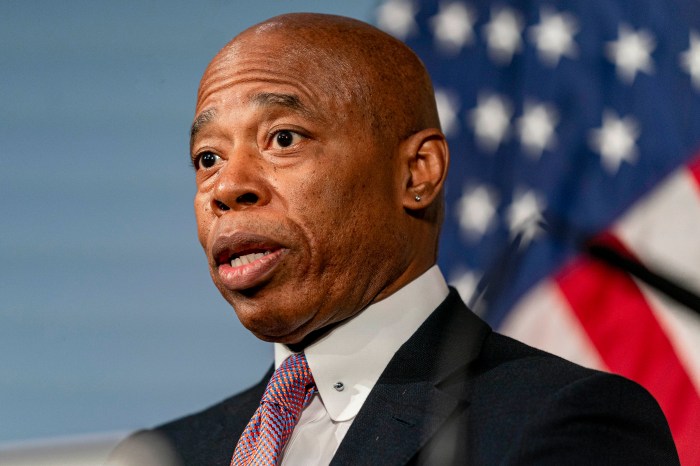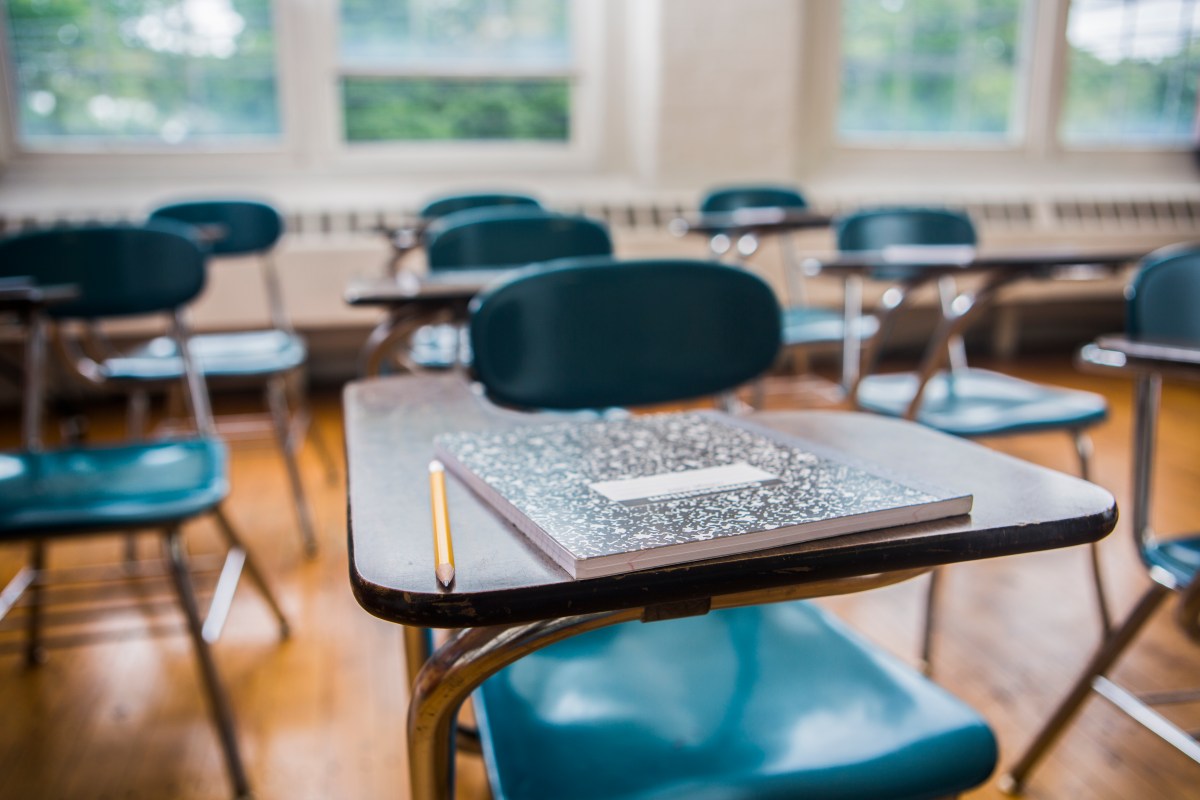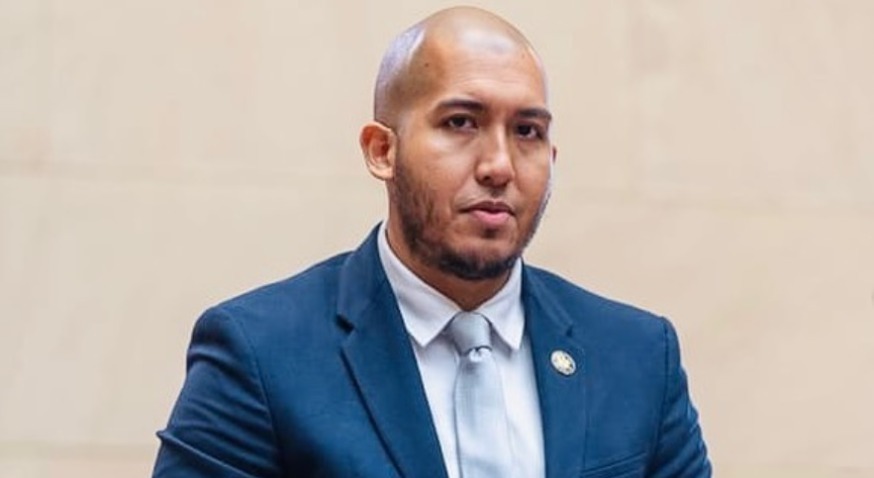
The federal government shutdown – the longest in United States history – ended Friday as President Donald Trump signed a temporary funding deal passed by Congress.
About a quarter of federal agencies were forced to reduce staff to only “essential” employees as the shutdown dragged on for 35 days.
The shutdown began Dec. 22, when Trump and Democrats in Congress could not agree on the president’s demand for over $5 billion in funding to build a wall along the U.S.-Mexico border. The legislative deal reached on Friday will fund the agencies for three weeks and does not include money for a border wall.
Among the government agencies impacted were the Departments of Homeland Security, Justice, Agriculture, Treasury, State, Interior, Transportation, Commerce and Housing and Urban Development. Other agencies with budgets funded through September remain open, including the Department of Defense, Health and Human Services, and the Department of Labor.
The dispute disrupted everything from air travel to tax collection and suspended pay for 800,000 government workers.
Here’s how the government shutdown has impacted New Yorkers.
Getting through LaGuardia and Kennedy airports
The Transportation Security Administration employs more than 43,000 officers and 600 aviation transportation security officers. Because TSA agents are considered “essential” personnel, they were still expected to work without pay.
With three major airports in the New York City area, some of those employees are New Yorkers and their lack of pay has affected some of the airports’ day-to-day activities.
On Friday, Jan. 25, the Federal Aviation Administration was forced to significantly delay flights into LaGuardia Airport after too many unpaid workers called out sick. Newark Liberty International Airport was also experiencing delays. Kennedy Airport was unaffected.
“We have experienced a slight increase in sick leave at two facilities,” the FAA said in a statement. “We are mitigating the impact by augmenting staffing, rerouting traffic, and increasing spacing between aircraft when needed. The public can monitor air traffic at fly.faa.gov and they should check with airlines for more information.”
Some federal workers are stuck at home while others work without pay
A total of 51,000 federal workers in New York City and the surrounding area have not received paychecks because of the shutdown, according to Sen. Chuck Schumer. In the five boroughs, de Blasio said there are about 18,000 federal workers and an unknown number of federal contractors who have not been paid.
“That is very bad for them and their families,” Schumer said. “They should not be hostages to President Trump’s demands.”
While announcing the deal to reopen the government on Friday, Trump said federal workers impacted by the shutdown would be paid “as soon as possible.” A specific timeline of when paychecks would be made available was not provided.
Public assistance benefits and loans
While the U.S. Department of Housing and Urban Development and the Department of Agriculture remain closed, public housing and food assistance programs in New York City face problems. The USDA said that as of Jan. 1, rural development loans and grants for housing, community facilities, utilities and businesses are suspended.
About 1.6 million people in the city who receive food stamps through the Supplemental Nutrition Assistance Program faced the potential of not receiving benefits as early as March.
Some SNAP recipients recently received checks with double their usual amount in preparation for a possible funding cutoff. Mayor Bill de Blasio had urged people to be cautious with their SNAP funds and prepare for the worst.
Museums and historical sites
Locals and tourists alike have not been able to visit popular historical sites and museums in New York City during the shutdown, including the National Museum of the American Indian, Federal Hall, African Burial Ground, Hamilton Grange Memorial, General Grant N. Memorial, Cooper Hewitt National Design Museum, and Theodore Roosevelt’s Birthplace.
The National Park Service has been using recreation fees and support from its partners to keep the Statue of Liberty and Ellis Island open during the shutdown.
Opioid addiction help
With the Drug Enforcement Administration scaled back to essential personnel only, doctors, nurses and other medical professionals have been unable to confirm their registrations that allow them to prescribe anti-opioid drugs such as Buprenorphine, according to Schumer.
“Simply put, the DEA, in many ways, holds the keys to accessing critical anti-opioid treatment drugs that New York City and Long Island patients and doctors need to combat this deadly scourge,” the senator said in a statement on Jan. 13. “And so we need them fully open and running to put those keys back into the hands of the New York doctors who save lives, and the patients who are fighting to get better.”
Education resources
The shutdown has also had an impact on education. The National Science Foundation, which provides grants to student researchers and scientists throughout the United States, has not been providing funding opportunities while the shutdown ensues. NASA, the National Institute of Standards and Technology, National Oceanic and Atmospheric Administration, and the U.S. Geological Survey also have not been able to administer grants, fellowships or other funding opportunities to students and researchers.
According to the U.S. Department of Education, many colleges, vocational rehabilitation agencies and school districts heavily rely on federal funding, including the City University of New York, which received 8 percent of its budget from the government in 2018. The department’s website warned a longer government shutdown could have delayed grants for CUNY and other colleges and universities until later in the year.
With Lauren Cook, Michael O’Keeffe, Ivan Pereira and Reuters

















